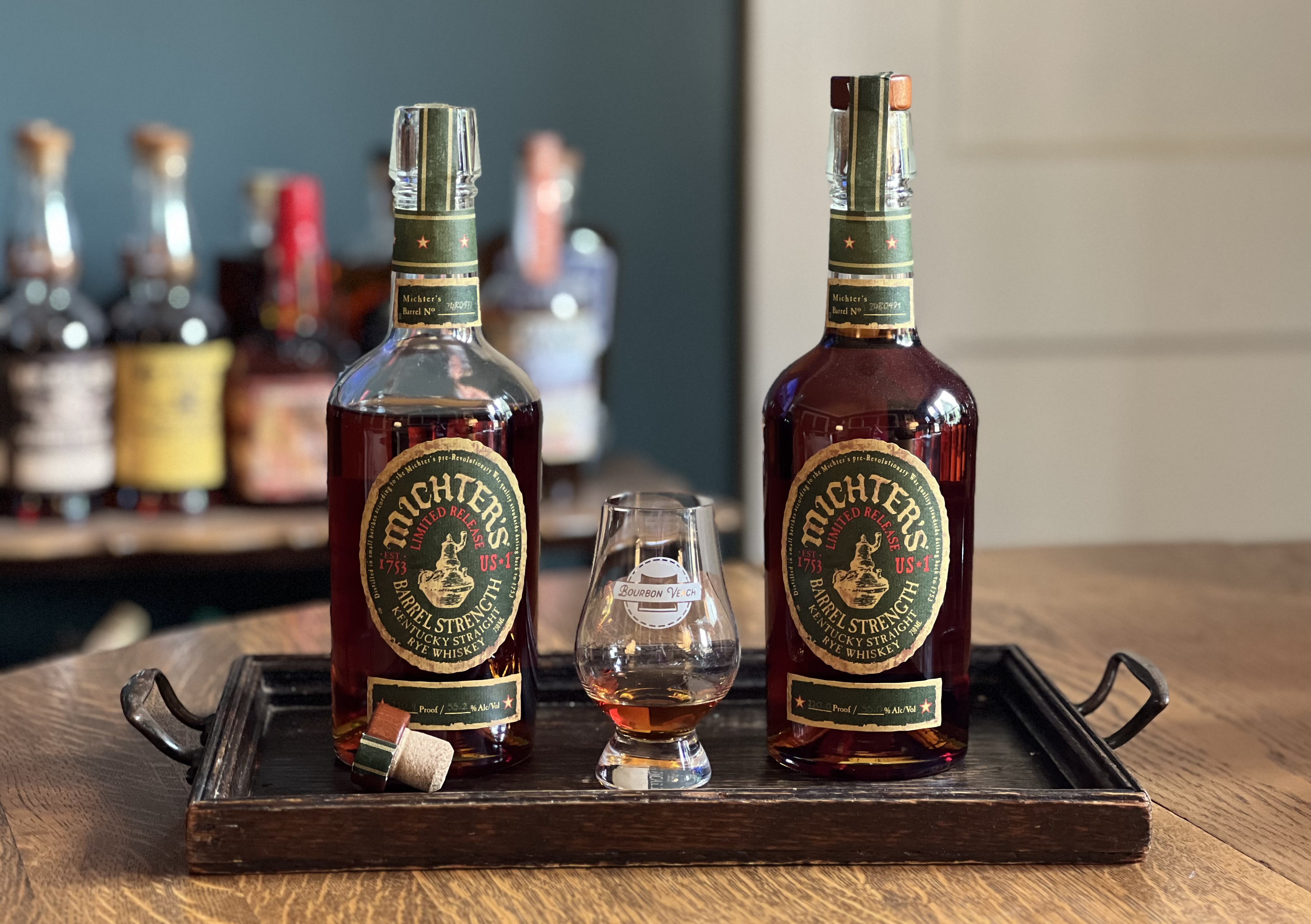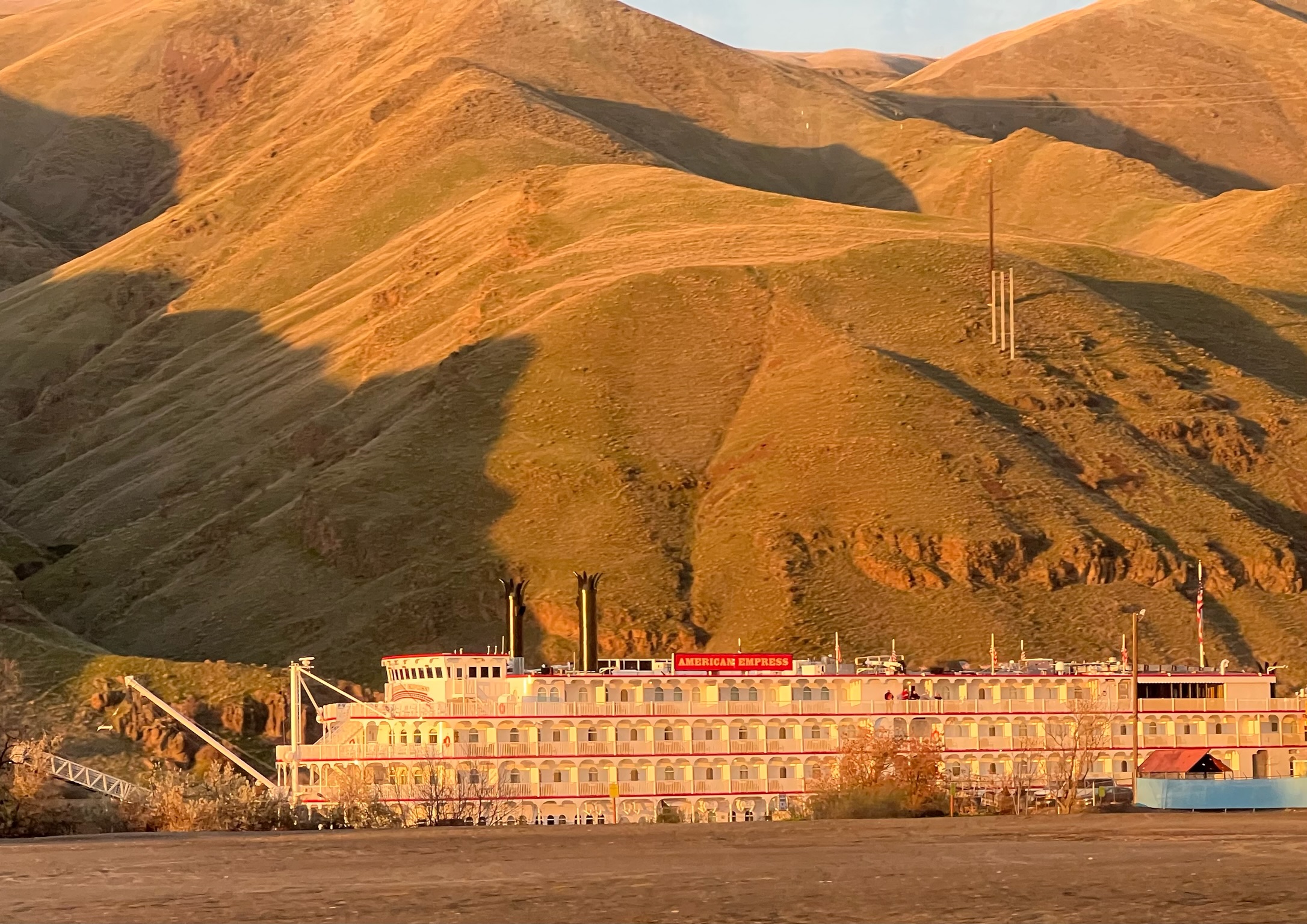The author of this book, Harris Cooper, is not a historian and it shows. He is a Professor of Psychology & Neuroscience, Emeritus at Duke University. I give him credit in that he picked an interesting subject to write about. I have always said that distilling history is the history of the United States. However, Cooper repeats many of the myths in the history of distilling in the United States and even gets some facts wrong about distilling. Even so, I am glad to have read the book and it will make a valuable addition to my library.
American History Through A Whiskey Glass: How Distilled Spirits, Domestic Cuisine, And Popular Music Helped Shape A Nation. Harris Cooper. New York, New York, Skyhorse Publishing, 2021, Contents, Index, Illustrations, 286pp.
Harris Cooper takes a look at American history by looking at distilled spirits, food and music of each era. He breaks down the history into different time periods for each chapter and discusses the distilling industry in that period. He then ends each chapter with tasting notes for whiskeys that represent each period, gives some recipes for food that would have been eaten in each period and a list of songs that were popular for each period. There are 18 chapters, each covering a period of time, but some of the chapters overlap in time as each chapter has a different subject that it discusses.
The problem is, Cooper often gets his facts wrong. It is first apparent when he states that whiskey has to go into the barrel at no higher than 125 proof, but must go into the barrel at 110 proof. He also states that whiskey has to be bottled at least 80 proof, but no higher than 125. There is no lower limit on barrel entry proof and there is no upper limit on bottling proof. Cooper also repeats historical myths like Kentucky got its distillers from Pennsylvanians who were fleeing the Whiskey Rebellion and that Virginia attracted settlers to Kentucky through the Corn Writs. Kentucky had plenty of distillers before the Whiskey Rebellion and those that did flee Pennsylvania did not settle in Kentucky where the Federal Marshals still could arrest them, but left the country completely and fled to Spanish territory, particularly New Orleans. The Corn Writs were written to settle legal problems created by the Transylvania Company who sold land illegally to settlers. Virginia had given most of Kentucky away to Revolutionary War veterans and there was no land to give away through Corn Writs.
The book is entertainingly written. It has plenty of illustrations including photographs. The tasting notes are complete in that Cooper offers notes from the distillery, notes from a webpage of a known reviewer and third are notes from Cooper and some friends. The recipes for food are well written and are appropriate. The songs are a bit arbitrary in choice, but interesting.
I would recommend American History Through A Whiskey Glass: How Distilled Spirits, Domestic Cuisine, And Popular Music Helped Shape A Nation as book worthy of a whiskey library. It has its flaws, but is still a good book as long as you know its flaws.














Leave a Reply